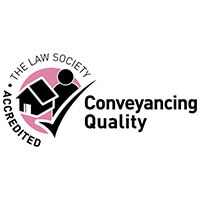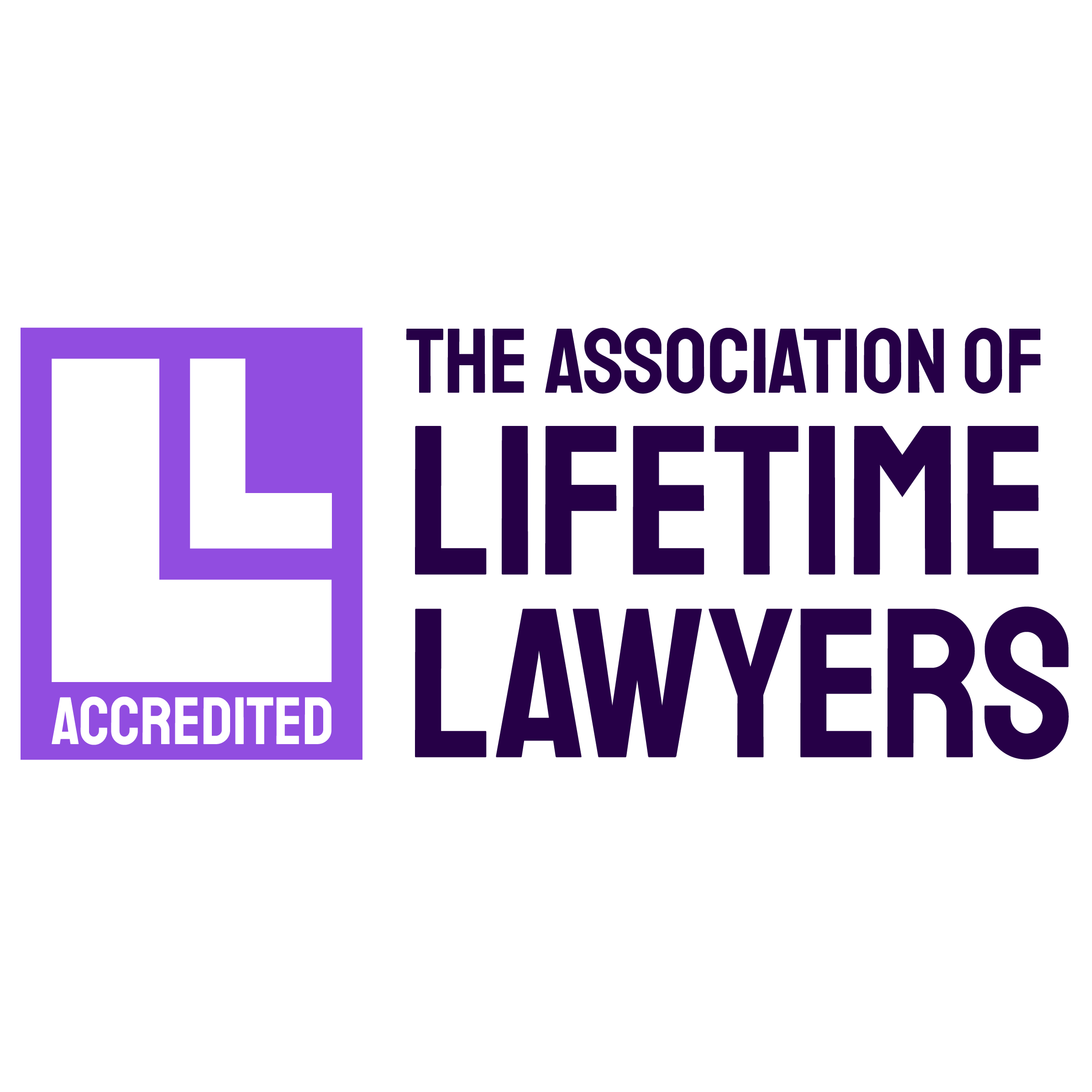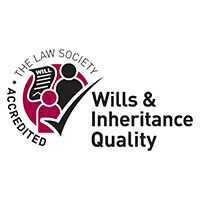Island Knowledge - National Expertise
Understanding squatters’ rights is pivotal for landlords and property owners in England and Wales. This article delves deep into squatters’ rights in the UK, dissecting the laws, the rights of the landlords, and the squatters. This piece is crucial for anyone keen on understanding how to deal with squat situations and for those wanting to know about squatters' rights, whether you are a landlord, tenant, or a long-term squatter.
What Is Squatting?
Squatting is the act of a person occupying a property they don’t have the right to. Typically, the individuals involved, known as squatters, lack any legal claim or explicit consent from the owner to live in the property. It’s crucial to understand that choosing to squat in residential buildings is illegal and individuals caught may face up to six months in prison, be required to pay a fine or endure both penalties. However, when squatting in non-residential properties, the legal stance isn’t as strict and squatting in such properties may not necessarily constitute a criminal offence.
This phenomenon predominantly occurs in properties that remain unoccupied for extensive periods such as holiday homes or properties acquired by investors who may not have visited in years, or properties inherited by individuals uninterested in maintaining property. When such properties are left unchecked and unused, it could eventually lead to the actual owner losing their rights to the property. If a squatter makes a claim to the land, takes possession of it, and uses it, and the real owner does not contest this or inspect their property for several years, the squatter may gain what is known as adverse possession.
Owners, especially of properties that tend to remain vacant, need to be vigilant, regularly inspect their properties, ensure that their properties are secure, and carry out due diligence when purchasing to avoid any unpleasant surprises related to squatting. If the actual owner neglects the property, they might find themselves entangled in legal battles to reclaim their property rights. This underlines the importance of being aware of the regulations and legal procedures related to squatting, as well as remaining attentive to the status of one’s property, especially in regions where squatting is a prevalent issue.
Squatting And The Impact on Property Owners
The loss of possession can be distressing for property owners. Dealing with squatters can be time-consuming and financially draining. It’s not just about getting the property back; it’s also about maintaining their rights, securing their investments, and keeping their peace of mind.
- Emotional Impact: Property owners often feel upset and angry dealing with squatters, especially if the property has sentimental value. The stress of dealing with the invasion of privacy and trespassing makes the whole process of reclaiming the property more emotional.
- Financial Burden: The financial impact of squatting is multifaceted. Owners may have to spend significantly on repairs after reclaiming the property. Squatting can also block the owners' income from the property, causing financial stress.
- Property Value: Having squatters can lower a property’s reputation and its market value. Any legal issues and damages can turn away potential buyers or renters, affecting the property’s long-term value.
- Legal Hassles: The process to evict squatters can be long and complicated. The lengthy legal battles make it crucial for owners to know the law well and get good legal advice early on. The prolonged legal process can be very distressing for property owners.
Given these impacts, it’s very important for property owners to take steps to prevent squatting. This includes regular check-ups, good security, and keeping the property in good shape. Being proactive in managing properties and taking quick legal action when needed can lessen the impact and stop squatting issues from getting worse.
What is the Law on Squatting in the UK?
In both England and Wales, the act of squatting within a property that is designated for residential use is a criminal offence under the Legal Aid, Sentencing and Punishment of Offenders Act 2012. This particular piece of legislation stipulates that anyone caught squatting in a residential property could potentially be sent to prison or might be obligated to pay a fine if they are found guilty of occupying a residential property without having acquired permission to do so.
However, it is crucial to differentiate between residential properties and non-residential ones, as squatting in non-residential buildings or plots of land does not generally fall under the category of criminal offences. Instead, such actions are typically regarded as civil matters. In these instances of non-residential squatting, the legal course of action available is fundamentally different, with the rightful owner or other aggrieved parties usually seeking civil remedies to redress the occupation of their property or land without consent, as opposed to pursuing criminal charges.
What are Squatters’ Rights in the UK?
Claiming Ownership
It's important to know that a long-term squatter, who is living in someone else's property may apply for squatters' rights and claim ownership of a property through adverse possession if they have occupied the property continuously for 10 years if the property is registered with HM Land Registry, or 12 years if the property is not registered. The success of such claims depends on several factors, including whether the owner has tried to remove the squatter.
Adverse Possession
Adverse possession allows squatters to claim ownership of the land or property if they can prove possession for a requisite period and fulfil specific conditions.
- Factual Possession: The claimant ought to have factual possession of the land for the necessary duration, depicting a significant level of physical control over it.
- Intention to Possess: The claimant should possess the intention to own the land, signifying an aspiration to exclude every other person, including the rightful owner, from it.
- Exclusivity: The individual claiming must have exclusive possession of the land, excluding the legal proprietor and everyone else.
- Continuous Possession: The presence of the claimant on the land must be continuous for the requisite period, typically 10 years, or 12 if the property isn’t registered with HM Land Registry.
- Hostile Possession: The occupation of the claimant must be without the permission of the owner, implying that the possession is in direct opposition to the owner’s title.
- Absence of Competing Title: The claimant should not have any legal entitlement or competing title to the land, like a lease or license.
- Good Faith: The claimant should believe in good faith that they have the right to possess the land.
In conclusion, a successful claim of adverse possession in the UK necessitates factual possession, an intention to possess, exclusivity, uninterrupted possession, hostile possession, absence of any competing title, and good faith.
How Can Landlords Remove Squatters?
It's crucial for property owners and landlords to understand the laws and their rights to remove squatters and recover their property legally.
Landlords must follow a legal process to evict squatters from both residential and non-residential properties. Seeking assistance from a solicitor can facilitate this process. Landlords must avoid forceful eviction as it is unlawful; instead, they should pursue an interim possession order or a claim for possession to legally regain their property.
Interim Possession Order
Acquiring an interim possession order is a quick way for property owners to regain possession of their property occupied by squatters. Landlords can only apply for an IPO if it’s been 28 days or less since you found out your property has been squatted, making it crucial for property owners to act swiftly to avoid the elongation of the process. Once obtained, squatters have 24 hours to leave and must stay away from the property for a period of 12 months, failure to comply can see squatters facing a prison sentence.
An application for an IPO can downloaded from the gov.uk website and subsequently filed with your local county court. Glanvilles Damant can assist you with this process. Please use the contact page of our website to start the journey of initiating your IPO application.
Claim For Possession
If it has been more than 28 days since you found out about the squatters you will need to make a claim for possession.
The process for making a possession claim against squatters in the UK comprises several distinct steps.
- Start proceedings for a possession claim against trespassers in the county court for the district in which the property is located.
- Provide evidence that you are the rightful owner of the property and that the squatters are occupying the property without permission.
- If the court finds in favour of the property owner, the squatters will be ordered to vacate the property, and law enforcement may be called to remove them if they refuse to leave voluntarily.
Squatting in Non-Residential Property
Commercial Property Squatting
Squatting in commercial properties is a prevalent concern. Unlike residential properties, squatting in a non-residential property is generally not a criminal offence. However, property owners can take civil action to remove squatters and regain possession of their property legally, ensuring that squatters are dealt with according to the law.
While not usually a criminal offence, squatting in non-residential properties can still lead to legal action. Property owners must be proactive in pursuing legal avenues to remove squatters from non-residential properties promptly.
Concluding Thoughts and Assistance from Glanvilles Damant
Navigating the legal terrain surrounding squatters’ rights in the UK can be a complex and daunting endeavour. A comprehensive understanding of laws, diligent property management, and swift legal action are pivotal in protecting property rights and interests. The intricacies involved in squatters' rights and the potential adverse possession necessitate professional legal advice to safeguard one’s properties effectively.
Here at Glanvilles Damant Legal Services, our expert solicitors are adept at providing proficient legal assistance to property owners and landlords grappling with squatter-related issues. Our team can guide you through the complexities of the eviction process, assist in obtaining interim possession orders, and provide legal counsel on reclaiming possession effectively and lawfully. Whether it’s commercial or residential property, Glanvilles Damant offers tailored advice and support to ensure your property rights are upheld, minimising the emotional and financial strain associated with dealing with squatters.
If you find yourself contending with squatter occupation, do not hesitate to reach out to Glanvilles Damant.






